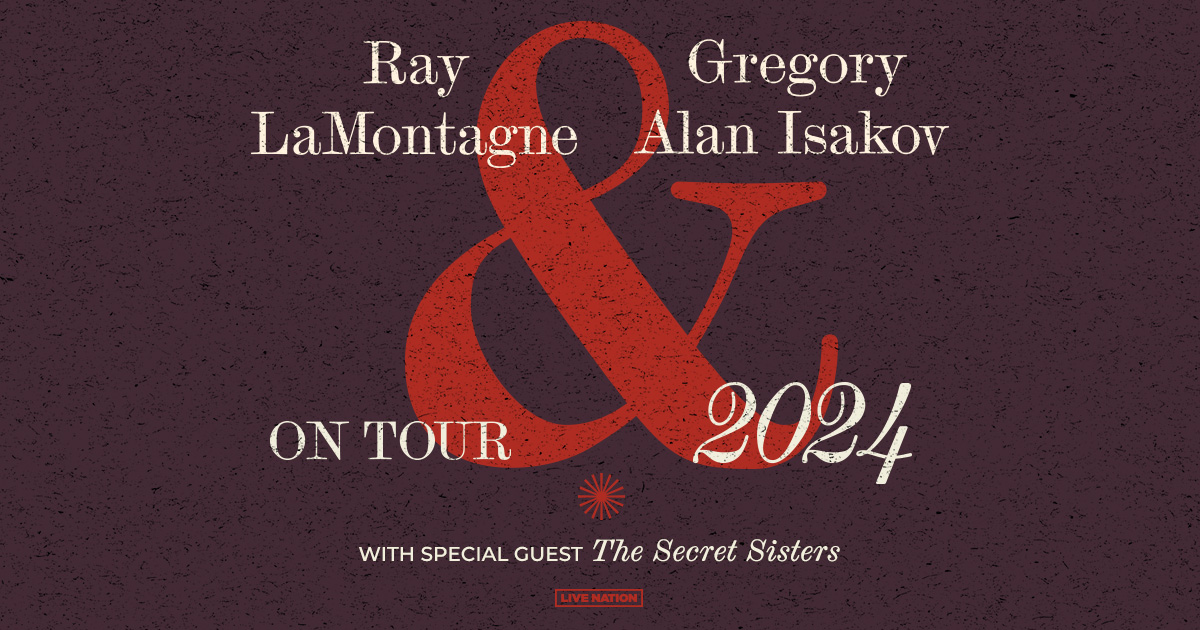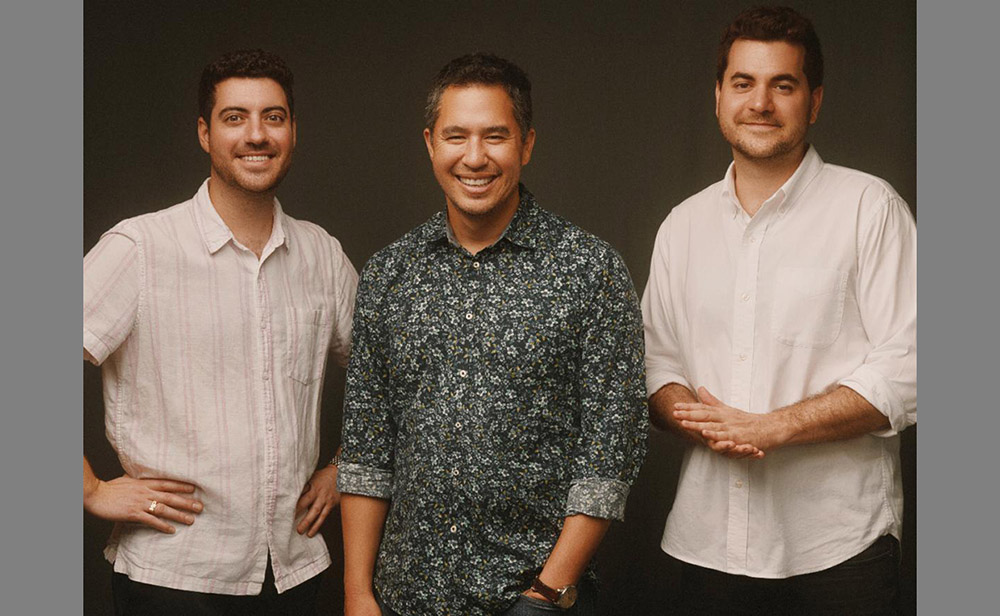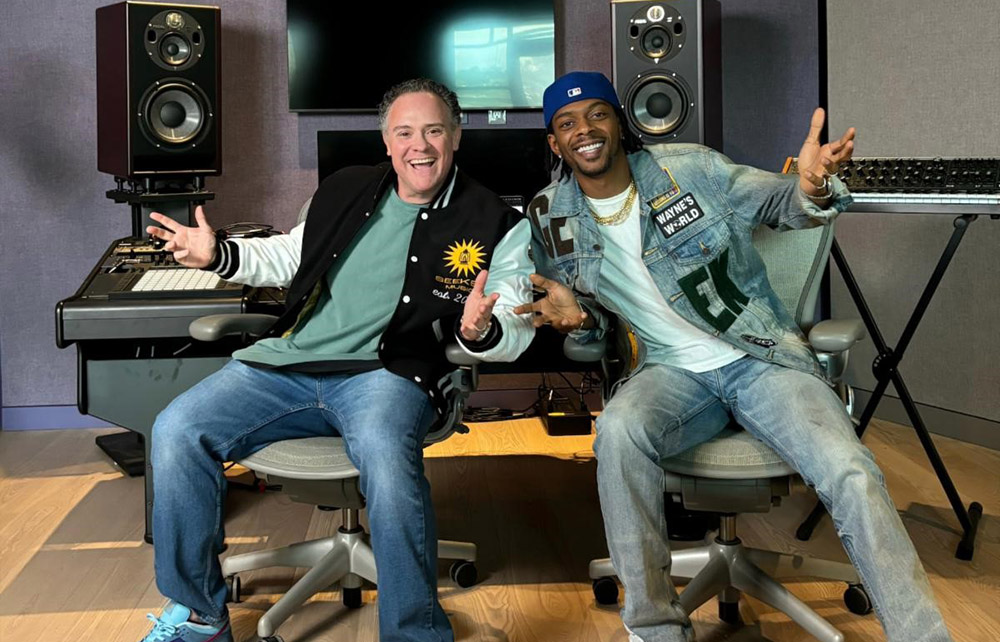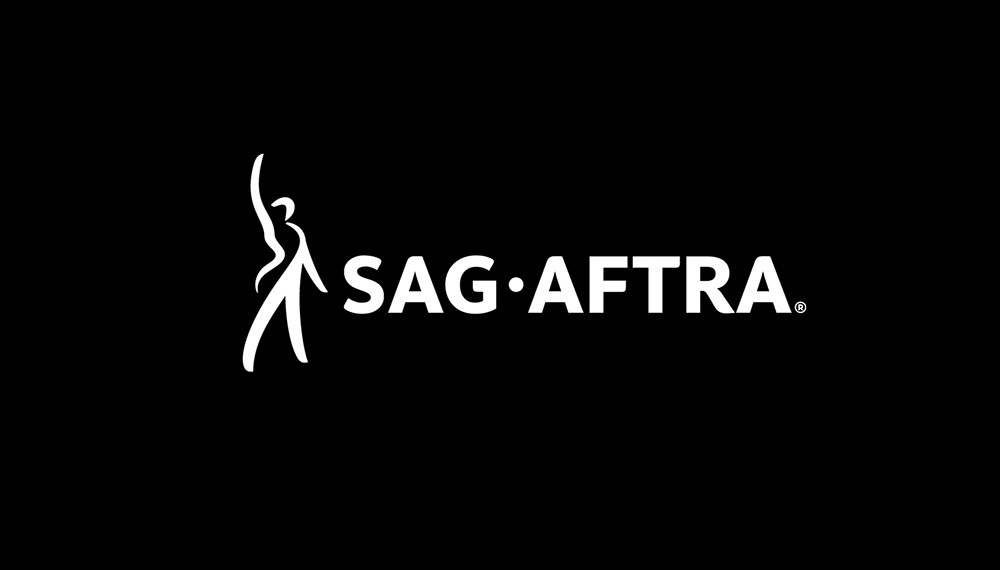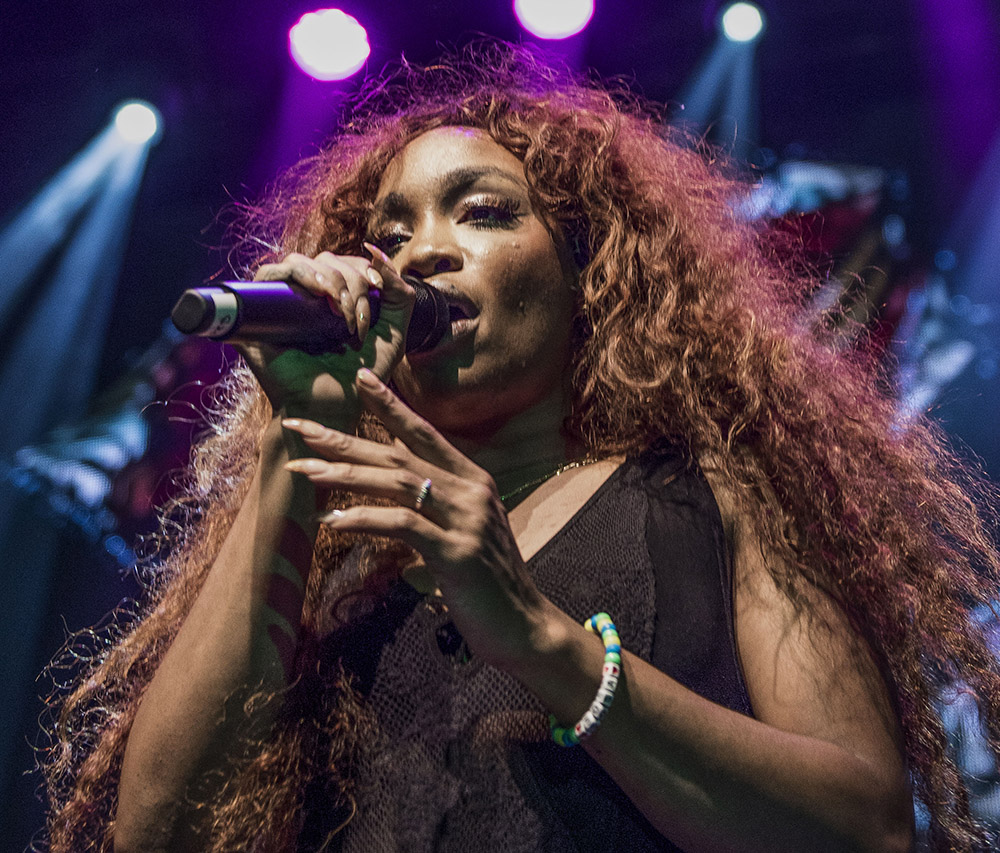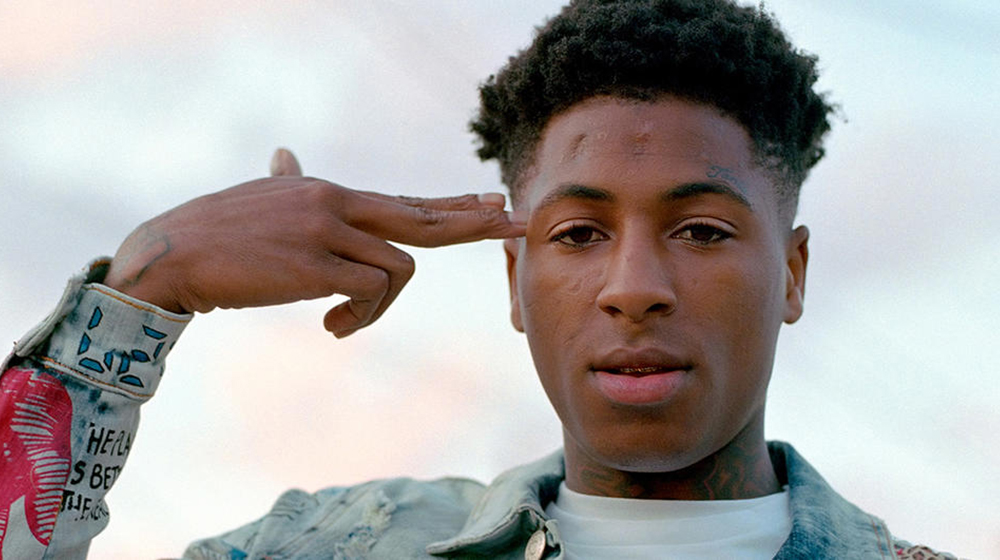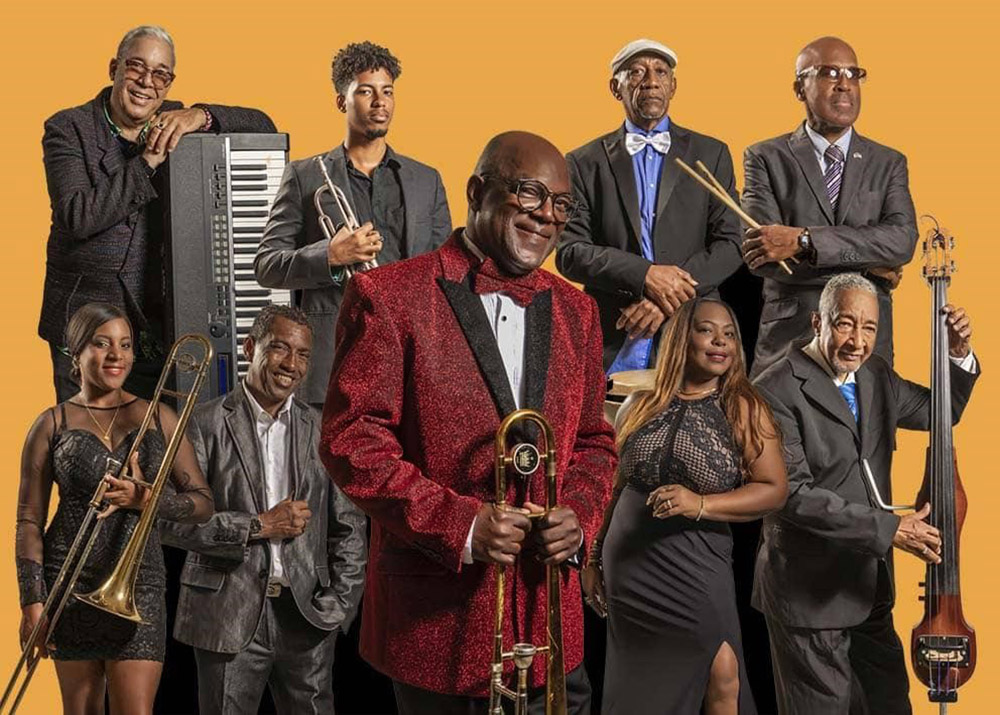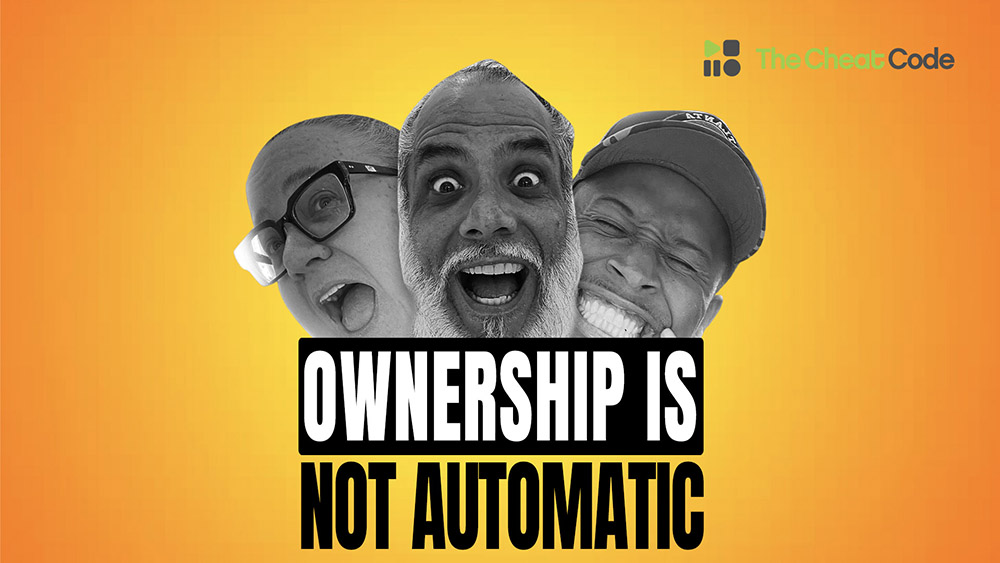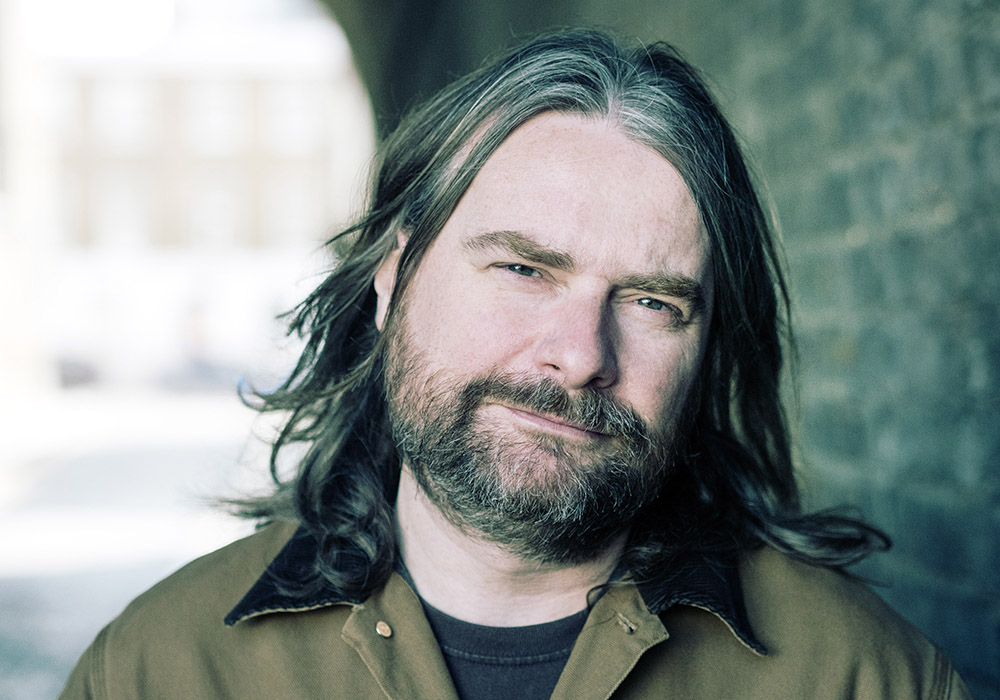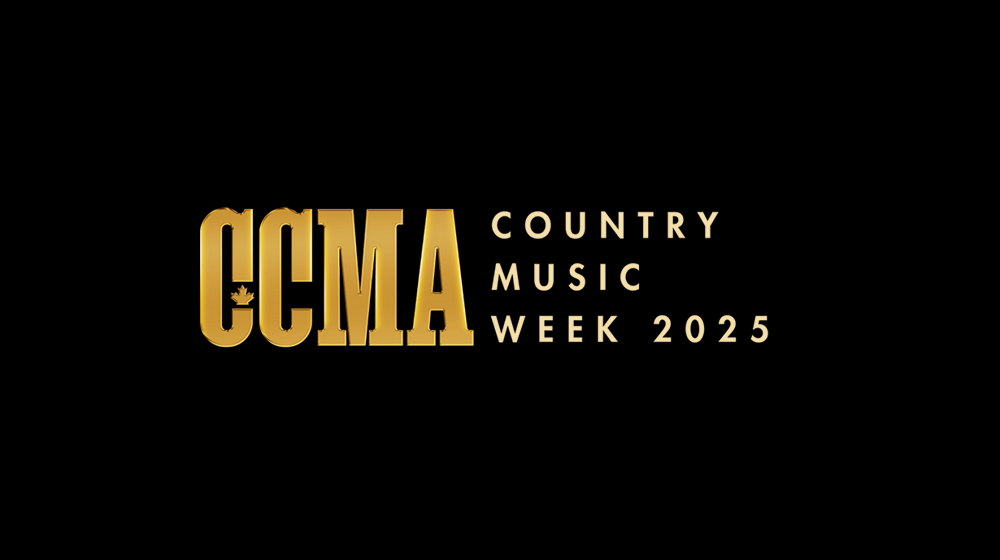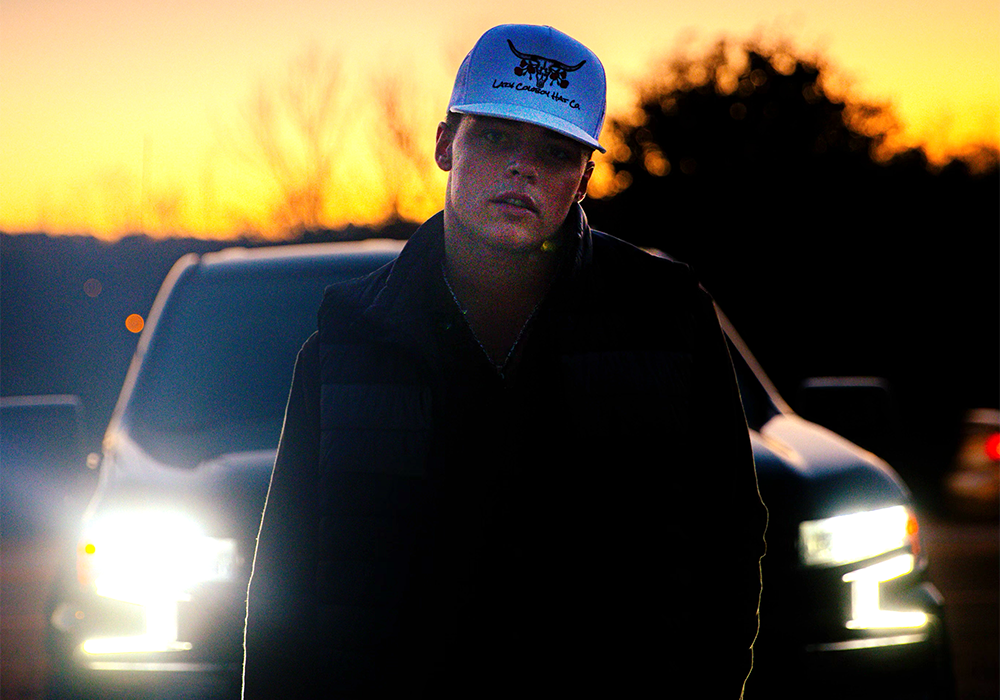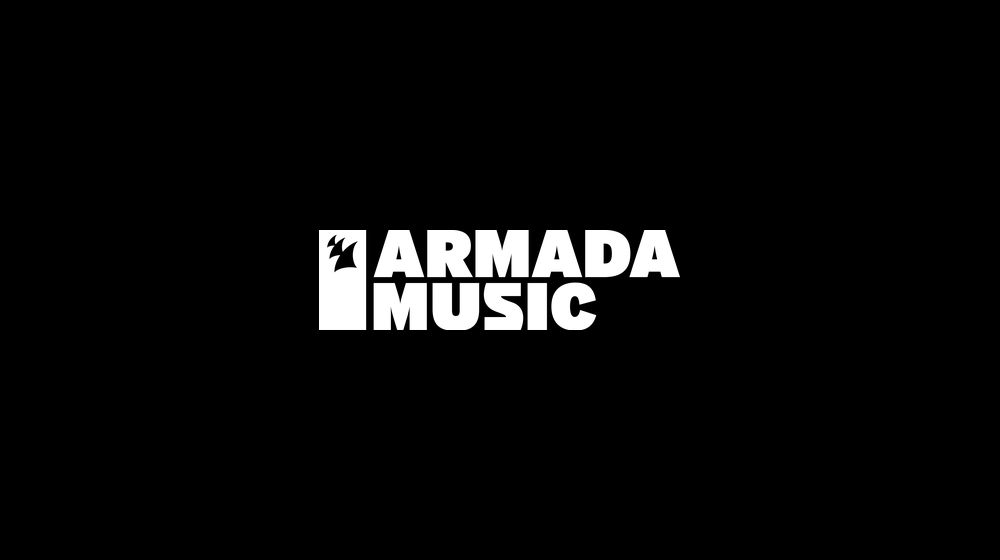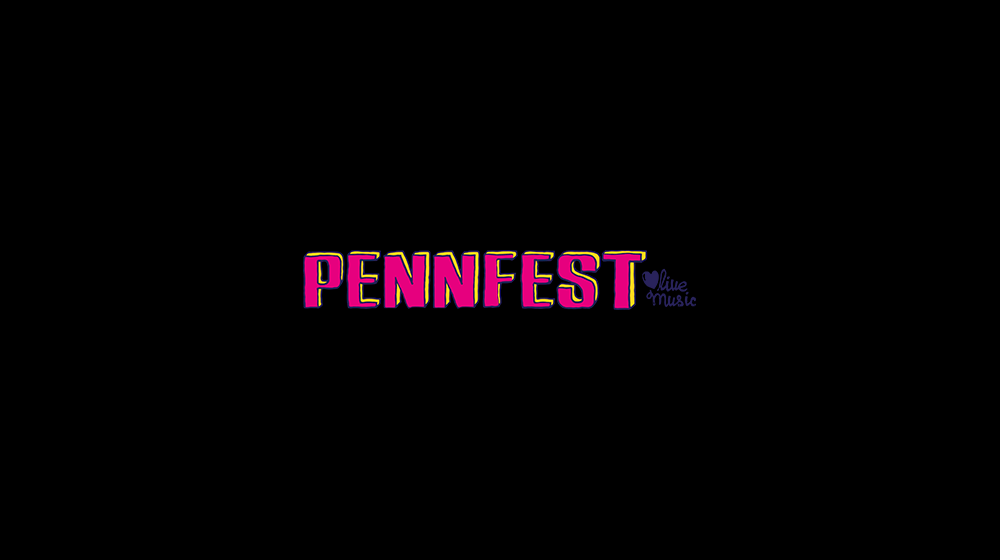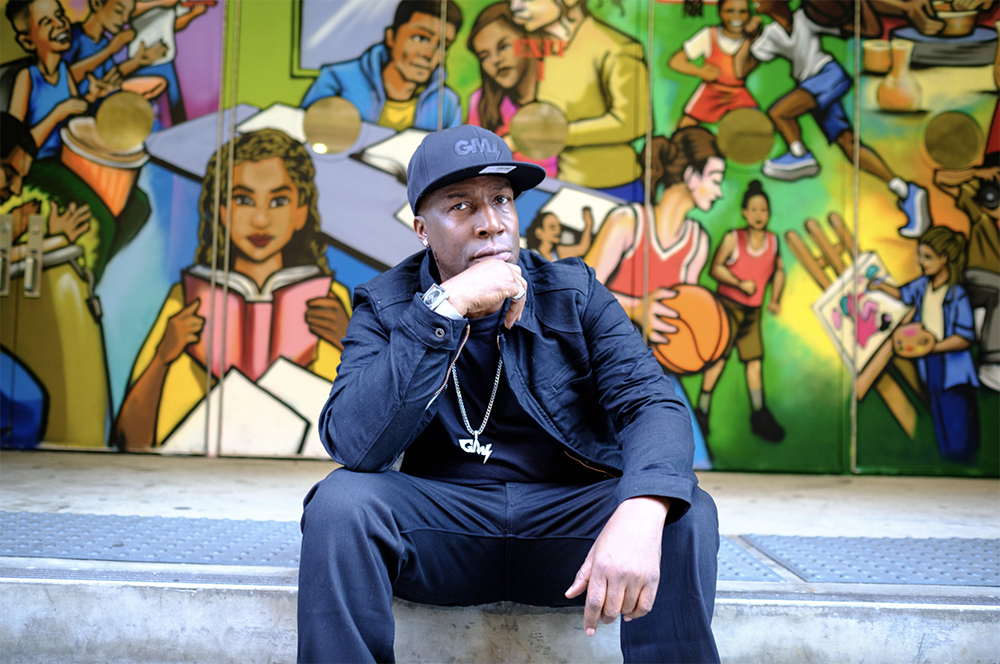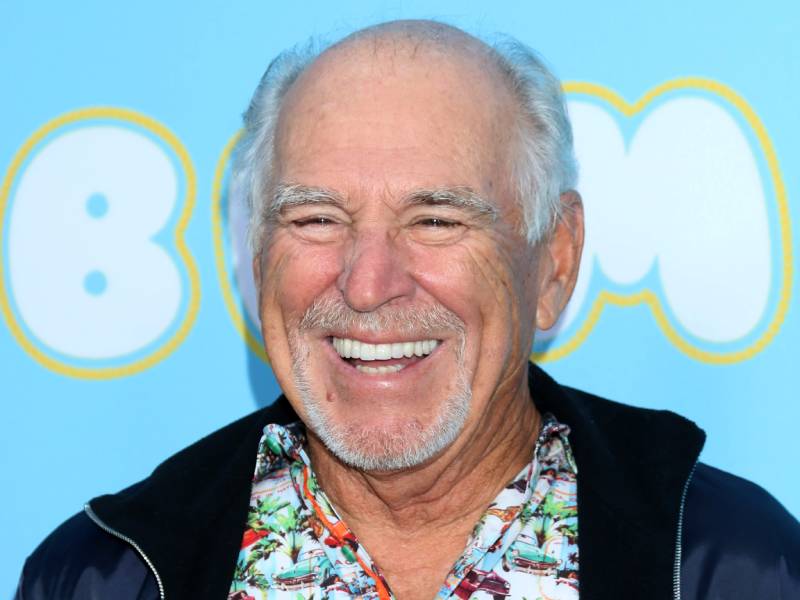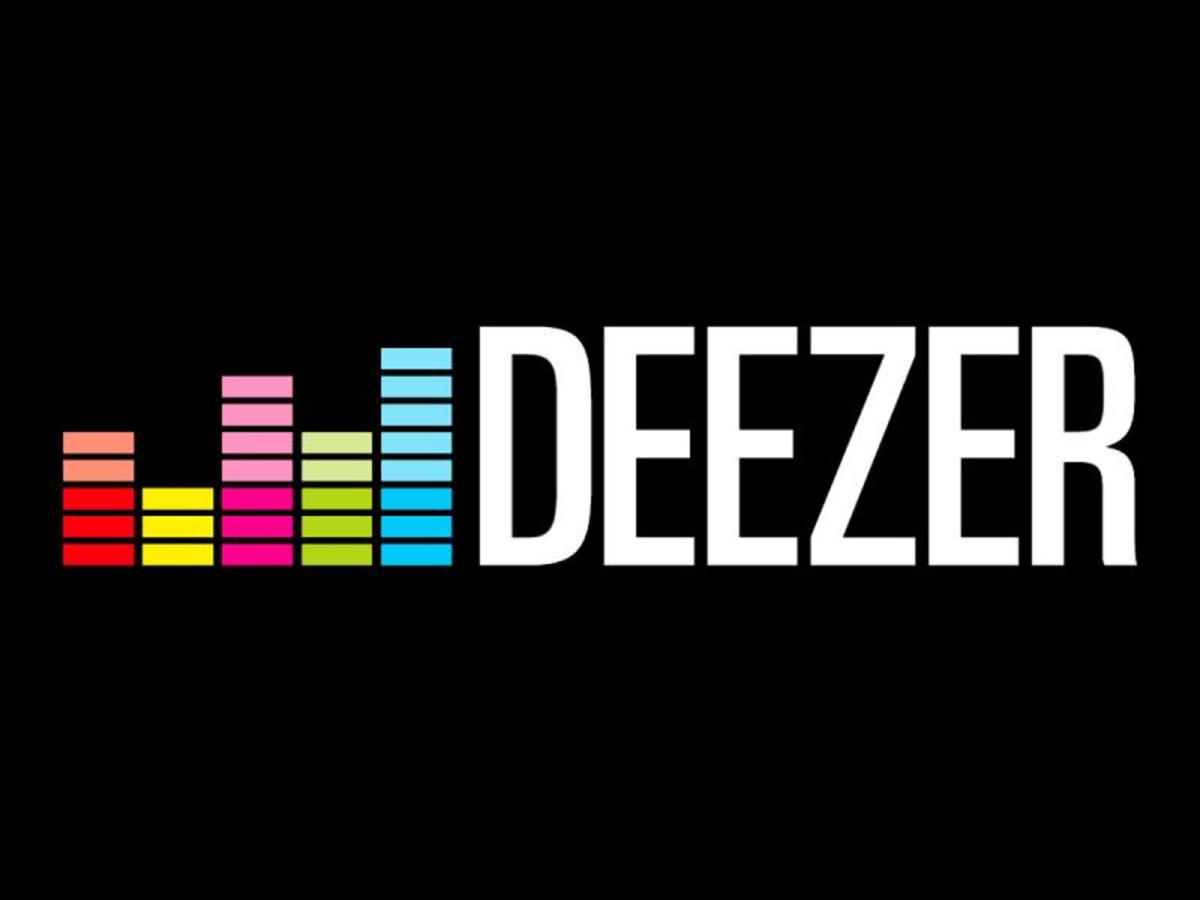
Downstairs at the NAMM show they house the booths of the wannabes.
Selling guitars made out of composites, accessories one could see no use for, it was depressing to walk by and see the purveyors staring into space, or talking on their cell phones.
Maybe some of the companies will break through. One booth was selling folding guitars, for travel use. They even had an endorsement from Brad Paisley.
But I didn't even recognize many of the endorsers plastered on the booths of the big companies on the main floor. Remember when you used
to geek out, at the equipment and the players, when they were stars?
If they're featuring the drummer for David Cook, if they're telling you what band the guy played in, how big a star could he be?
Sure, I loved fingering the Marshalls. And thought back to seeing Stevie Wonder open for the Stones when I saw a booth full of Orange amps. But I was truly dazzled by Remo. That's the way you make money, you've got to OWN the market! I'm sure there's another brand of drumhead, but I don't know it. And I can name four brands of drums off the top of my head. Probably more! Ludwig, Pearl, DW, Slingerland…do they still make Slingerland?
And there are three companies in the cymbal world. Zildjian, Sabian
and Paiste. I once worked at a camp with a couple of Zildjian kids.
This was before the split. Their father was the caretaker of a storied empire. God, it's so hard to break through today. How do you get recognized, how do you make your mark? I guess most of these companies fail. That's the American way. They get investors who get a tax write-off. No different from the Internet bubble. But, some people work their whole lives just so their kids can be dilettantes, taking over the company and…
 Speaking of the younger generation, I had to laugh at all the piercings and tattoos. Until I realized it was a badge of honor, it showed you were a member of the club. It's just that all those tattoos are permanent, and so few of the wannabes are ever going to make it. But they believe they will, before they come to realize their day job is their real job. Or, if they're lucky, they'll get to demonstrate the equipment. I saw a guy with long hair and tattoos demonstrating a Roland amp for some Japanese who stood in rapt attention. He was playing every style. Every style but his own.
Speaking of the younger generation, I had to laugh at all the piercings and tattoos. Until I realized it was a badge of honor, it showed you were a member of the club. It's just that all those tattoos are permanent, and so few of the wannabes are ever going to make it. But they believe they will, before they come to realize their day job is their real job. Or, if they're lucky, they'll get to demonstrate the equipment. I saw a guy with long hair and tattoos demonstrating a Roland amp for some Japanese who stood in rapt attention. He was playing every style. Every style but his own.
I felt none of the rush I used to get on 48th Street, when they'd sell a $1,000 guitar in Manny's in a minute. When I'd see Gene Cornish in
Sam Ash. Somehow, the instruments were divorced from the music.
Until I got upstairs.
Did you know Fender bought Guild? And Jackson? Seemingly every hip company in the field? There were endless showcases. You wondered why anybody bought anything else.
And then I saw EVH.
I noticed the logo on the amps when I'd seen Van Halen at Staples. I thought it was a vanity play. But now you can buy exactly what Eddie plays. Or so he insists. I'm not enough of a geek, or a player, to know. But I did get a rush. I could feel the power just looking at those amps. I had to run my fingers over the grille. I could hear "Runnin' With The Devil" in my mind.
But where was Gibson?
Gibson had a fraction of the floorspace of Fender. And you never know if it's all for show. Whether Fender dominates in market share, in hipness, like they do in floorspace.
But what Gibson had was a mini-museum. Where they told the story of the Les Paul.
Keith Richard played one first. Then Clapton picked one up. Which was stolen, I believe. And then Peter Green saw Clapton with his and had to get one too. And Jeff Beck. And one of these guys was so busy modifying his axe that he messed it up, and had to get a new one and start all over.
And then Beck quit the Yardbirds for a week and Page used his guitar.
But really, what hooked Page was when he met Joe Walsh at the Cow Palace and Joe gave him HIS Les Paul. Which Jimmy went on to use to record "Led Zeppelin II".
 It was utterly astounding. How the trend started, how they literally passed certain guitars from one to another. All these legendary cats. Who might not have been legendary then, but Clapton did play on that Bluesbreakers album. They referenced that. The hoi polloi might know "Tears In Heaven", but the cognoscenti know "Ramblin' On My Mind". It was this album that made Clapton God.
It was utterly astounding. How the trend started, how they literally passed certain guitars from one to another. All these legendary cats. Who might not have been legendary then, but Clapton did play on that Bluesbreakers album. They referenced that. The hoi polloi might know "Tears In Heaven", but the cognoscenti know "Ramblin' On My Mind". It was this album that made Clapton God.
And then Peter Green and Mick Taylor played Les Pauls with Mayall thereafter. And Bloomfield came to the U.K. and saw everybody with the same axe. And Billy Gibbons was in the Moving Sidewalks, and then he picked up his Les Paul and started ZZ Top.
It was like a movie. One of those Hollywood fantasies where the same
prop figures in so many lives. But this was not a fantasy, this was real. This was it. Right here, in this exhibit, was the history of the music business. It was these guys, so many of them still alive, that infected the audience, that got everybody to play. Because what
they wrung out of their Les Pauls was better than anything but sex.
No video game or movie could compare. Sometimes the music was as good as sex. And they didn't do it for fame, they didn't know you could get that rich, they were doing it for the sound. The way you felt it inside when you hit the right note.
By time I was through mining the Gibson exhibit, with Duane Allman's opening riff of "Statesboro Blues" whipping through my brain, I realized my long hair might be gone, I might be absent piercings and tattoos, but I too was one of the flock. Music brought me here. I had no choice.





















